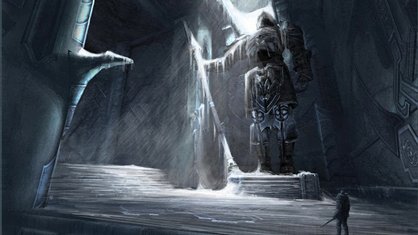Worlds of Too Human
Our second behind-the-scenes tour of the game's universe, with EXCLUSIVE video, screens and art
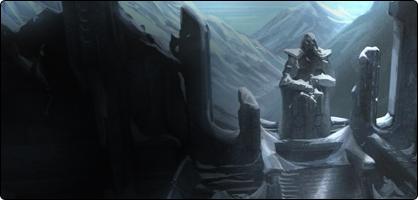
[Click here if you missed Part One - AESIR, which toured The Halls of the Gods, The Orbital Tower and Cyberspace.]
Part Two - The Hall of Heroes, The Funeral Path, and Grendel's Mere
The worlds of Too Human are as tricky to describe as the game itself. Based heavily on two distinct and different genres - sci-fi cyberpunk and Norse mythology - the setting promises to be one that players have never, ever visited or experienced before.
Gods and goddesses still rule over mankind, but enhance their divine powers through cybernetic upgrades. Machines threaten to eradicate all humans, but only by reaping our blood and limbs, thus becoming more human themselves. Alternate universes can be traversed through cyberspace, which is accessed via a giant, magical tree.
Intrigued? Mystified? Overwhelmed? We understand, which is why we've asked the developers to give us - and you - an exclusive, in-depth tour into the game's world... and into their imaginations.
Our second part delves deep beneath the snow and ice to an ancient Viking burial site called the Hall of Heroes. Here, players will connect to the universe's monumental history, as well as encounter its first horrifying monsters.
The following descriptions were provided by Silicon Knights. For more exclusive screenshots and concept artwork,head here.
Weekly digests, tales from the communities you love, and more
The Hall of Heroes
Buried beneath the snow and ice of ancient mountains lies what was once a place of reverence and mournful respect.
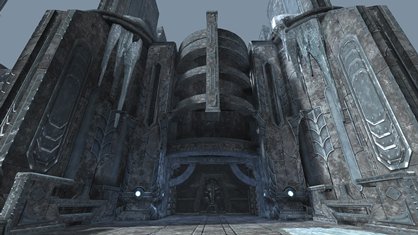
Once it was resplendent with banners and effigies of great warriors who had sacrificed all they had to the survival of humanity. It was a place of funerary ritual, where heroes would be honored to voyage to Valhalla and spend the years before Ragnarok with Odin. During the height of the wars that followed the destruction of the YMIR, places like this were commonplace.
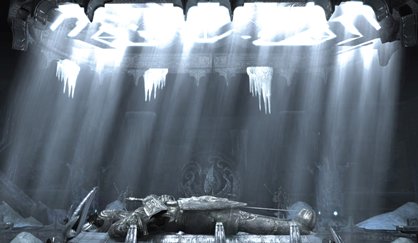
Now it is broken down and a ruined echo of its former glory; parasitized by goblins and used as a forward base for something even more sinister: the rogue, unclassified killing machine - GRNDL-1 - that has begun to terrorize the outlying settlements of Midgard.
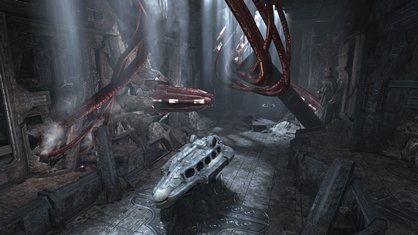
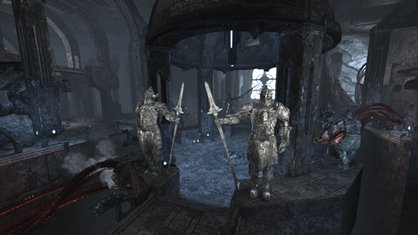
The Cult of Odin
A hundred years after the Ymir were destroyed and the war against their soulless offspring grew to lethal intensity, the entity known as ODIN began to be worshipped as a god. Although few knew his precise origin, they only needed to know that he alone was responsible for pulling humanity from the fires of destruction. As the years passed and the Aesir replaced the ailing warriors who fought alongside Odin died of old age, worship of ODIN grew radically.
